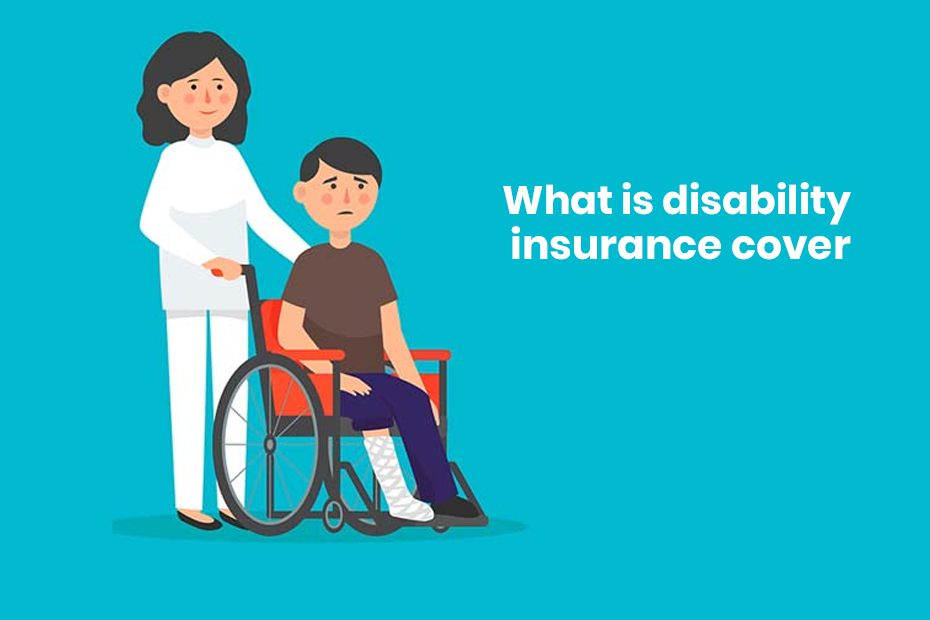Nobody ever expects to become disabled, but it happens. Although some conditions are expected to worsen over time, sometimes accidents happen unexpectedly, creating disability. Not every situation is predictable, and that’s where insurance can be helpful.
Whether you expect it or not, if you become disabled, you’ll be supported if you have the following types of insurance.
-
Medicaid
Medicaid is a low-income health coverage policy that specifically qualifies disabled individuals. If you already have Medicaid, you have access to some incredibly helpful benefits, like in-home care. For example, if you meet all the qualifications, you can get weekly care in your home paid for by the state. Most states will even allow you to receive this care from a friend or family member and they’ll get paid.
If you feel like you need help with daily activities like cooking, cleaning, bathing, and doing laundry, consider getting caregiving services. If you already have someone in mind, see if your state has any special programs that make the process easy. For instance, FreedomCare in Nevada will take your application and walk you through the process if you’re eligible.
-
Medicare
Having Medicare is a good idea if you qualify. You’ll get benefits that can help pay for hospital stays, nursing home fees, home healthcare, doctor visits, and other community services.
What’s great about Medicare compared to other policies is that you can try to go back to work without worrying about being cut off right away. You get nine months to test your ability to work, during which time you’ll continue receiving your full benefits regardless of how much money you earn. If you’re not able to return to work, you’ll still receive your benefits as usual.
Even better is that you can keep your Medicare benefits for up to eight-and-a-half years after returning to work, provided your condition still meets Medicare’s requirements.
Click here – How to Prevent Chargebacks on Payment Networks?
-
Social Security Disability (SSDI)
SSDI is for disabled individuals with a limited income and a medical condition that is expected to last at least a year or result in death. These benefits are paid to you monthly, and can also be transferred to your beneficiary under certain circumstances after you pass away.
It’s not medical insurance, like other policies, but SSDI gives you income without having to work. However, it does give you easy access to Medicare. If you already qualify for SSDI, you automatically qualify for Medicare after 24 months.
-
VA disability benefits
If you’re a veteran, you might qualify for various forms of veterans’ benefits. You may even qualify if you’re still serving on active duty or are active in the National Guard and Reserve receiving federal pay. These policies generally cover:
- Counseling
- Monthly income
- Pension
- Education and training coverage
- Health care coverage
- Access to home loans
- Burial coverage
If you’re not sure what programs are available, contact your local Veterans Affairs office to find out more information.
Click here – Tips for Increasing Your Bottom Line
-
Short-term and long-term disability insurance
If you’re currently working, you may have the option to purchase short-term and/or long-term disability insurance. Usually, these policies are cheap and won’t cost you more than ten bucks a month. You can also get this insurance outside of your employer.
Having long or short-term disability insurance is most beneficial when you end up unexpectedly disabled, regardless of how long it lasts. In most situations, you’ll only be able to sign up for a policy during a certain time period, so it’s not a benefit you can just go get at the last minute. You have to already have it before you become disabled.
With a short-term disability policy, you can expect to receive around 40-70% of your usual earnings for the time period covered by your plan. It’s a good idea to have both policies because once your short-term coverage runs out, long-term coverage will continue to provide you with income. Long-term benefits are paid continually until you’re cleared to work again, or until you max out your policy’s benefits limit.
While it’s not going to replace your full income, it will give you a decent amount of money to live off of while you heal or work on getting other benefits, like SSI or SSDI.
Insurance is helpful for disabilities
Not everyone will benefit from having different forms of insurance, but if you’re already disabled or become disabled unexpectedly, it will help. If you don’t already have the policies you qualify for, consider applying now so that you’ll receive your benefits when you need them most.
